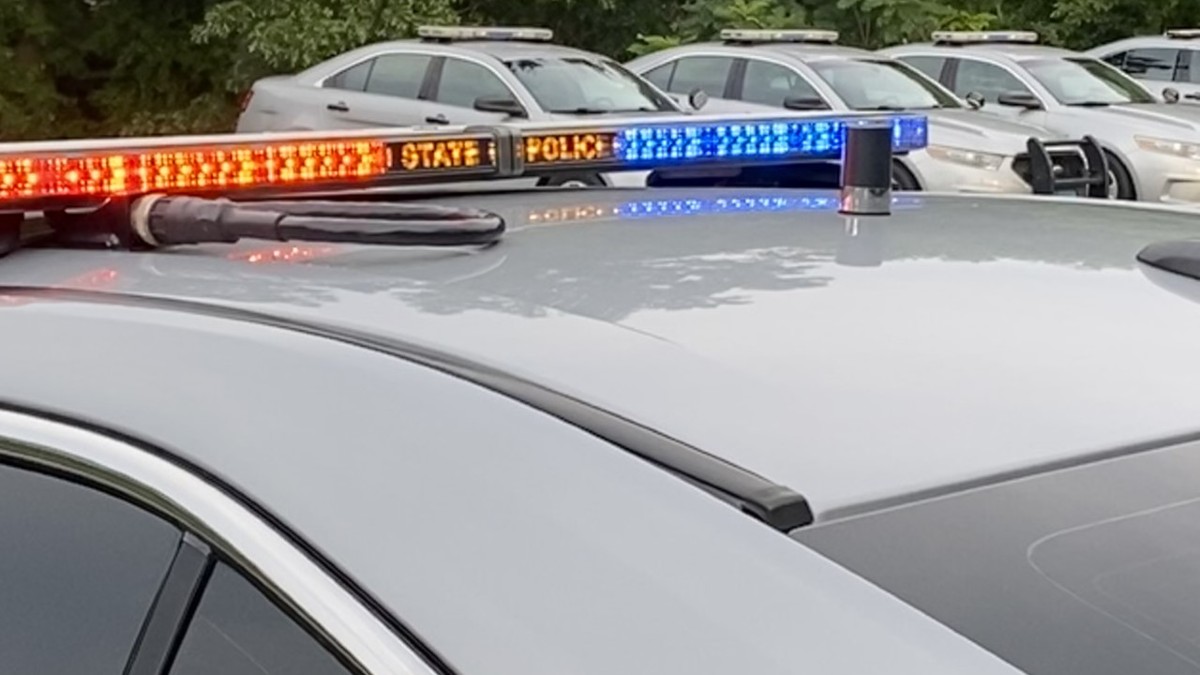Police are raising concerns about an update to the state's racial profiling law. Officers now have to collect more information from people they pull over for traffic stops.
"This is going to take away some police officers' ability to actually stop crime and we believe the public should be opposed to that," said Eric Brown, staff attorney for AFSCME Council 15, which represents more than 60 police departments and 4000 officers.
Officers have to issue a piece of paper that advises drivers of their rights if they think they have been racially profiled during a traffic stop. Now the union is speaking out saying it detracts from true policing.
"It's presuming that police officers don't have enough integrity to make proper investigative stops," said Brown.
The Alvin Penn Act was first implemented in 1999. It requires police to keep track of who they stop, to make sure people aren't being targeted because of their race, ethnicity, age or gender
The updated law requires police to gather more information and also requires it for every traffic stop as well as seat belt and D-U-I checkpoints.
The union says there is no proof that racial profiling is a problem. But the Connecticut NAACP disagrees
"The legislature wouldn't have passed this law if they didn't feel there was a pervasive problem in the state of Connecticut," said Scot Esdaile, president of the NAACP State Conference, adding that the more transparency there is the better. "I think this is a good thing to make sure the community feels safe when they're dealing with law enforcement."
Local
Fairfield Police Chief Gary MacNamara says the new law will not affect what his department is already doing.
"A law cannot replace continuous, needed dialogue between those people that feel they are the victims of this motivated policing and law enforcement officers," said MacNamara adding that his officers have already been trained in proper policing. "If they feel they are the victim of some sort of bias policing they always have the right to complain."
The union believes police officers will just let drivers go for fear they might be accused of racial profiling, adding that this is something they'll be looking into at the legislature in the next session.



